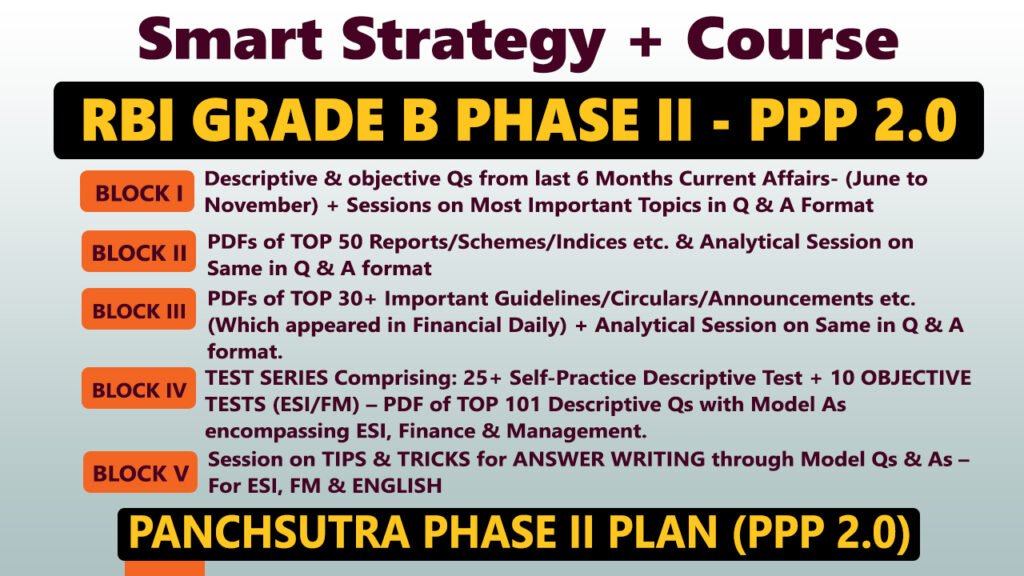Got Questions? We’ve Got Answers!
📚 Whether it’s about exams, career advice, or daily doubts, don’t hesitate—ask away!
💡 Daily Current Affairs for UPSC Quiz | Daily Quiz for UPSC
💡 Your Learning Partner Is Just a Click Away!
👉 Click here to Ask Your Question Now and get clear, reliable answers from experts.
Daily Current Affairs
16 September, 2025
1. The Central Government will launch the ‘Swasth Nari, Sashakt Parivar Abhiyaan’ on 17th September 2025. Which two ministries are jointly leading this initiative?
a) Ministry of Rural Development & Ministry of Health
b) Ministry of Health & Family Welfare and Ministry of Women & Child Development
c) Ministry of AYUSH and Ministry of Health
d) Ministry of Women & Child Development and Ministry of Social Justice
e) Ministry of Agriculture and Ministry of Health
Answer: b) Ministry of Health & Family Welfare and Ministry of Women & Child Development
Explanation: The campaign is a joint effort of these two ministries to improve women’s health, which is seen as the foundation for stronger families and communities.
2. The Manki-Munda system of governance is historically linked to which tribal community?
a) Santhal
b) Gond
c) Ho
d) Munda
e) Oraon
Answer: c) Ho
Explanation: The Ho community in the Kolhan region of Jharkhand practices the Manki-Munda system, a hereditary and community-driven governance model codified during British rule under Wilkinson’s Rules.
3. Scientists at CSIR–NBRI successfully cultivated Eustoma (Lisianthus) for the first time in India at which location?
a) Bhubaneswar, Odisha
b) Sambalpur, Odisha
c) Ranchi, Jharkhand
d) Jaipur, Rajasthan
e) Lucknow, Uttar Pradesh
Answer: b) Sambalpur, Odisha
Explanation: Eustoma was successfully grown in a polyhouse at Sanatanpali, Sambalpur district, marking India’s first successful adaptation of this premium imported flower to hot conditions.
4. SEBI’s recent relaxations for Foreign Portfolio Investors (FPIs) include which of the following?
a) Common KYC framework across banks and FPIs
b) Integration of India Digital Signature
c) Swagat-FI framework for trusted FPIs
d) Longer registration cycle (10 years)
e) All of the above
Answer: e) All of the above
Explanation: SEBI aims to simplify FPI processes through common KYC, digital signatures, Swagat-FI for trusted investors, and extending the registration cycle to 10 years.
5. Mule accounts, often used in digital fraud, are primarily:
a) Active savings accounts of large corporates
b) Dormant or inactive bank accounts misused for illicit transactions
c) Special accounts opened for stock investments
d) Accounts held by government institutions only
e) Blockchain-based wallets
Answer: b) Dormant or inactive bank accounts misused for illicit transactions
Explanation: Mule accounts are dormant accounts exploited for low-value, high-volume transactions, often linked to money laundering, scams, or cyber fraud.
6. SEBI has reclassified Real Estate Investment Trusts (REITs) as which type of security for mutual fund investment purposes?
a) Debt securities
b) Hybrid securities
c) Equity securities
d) Derivative instruments
e) Government securities
Answer: c) Equity securities
Explanation: REITs were earlier considered hybrid securities, but SEBI now treats them as equity, allowing mutual funds greater exposure and boosting real estate investments.
7. Which of the following best describes the process of securitisation?
a) Conversion of real estate into agricultural land
b) Pooling of loans/receivables into tradable securities
c) Creating new shares from existing equity
d) Issuing government bonds to cover deficits
e) None of the above
Answer: b) Pooling of loans/receivables into tradable securities
Explanation: Securitisation involves pooling illiquid assets like loans or mortgages and converting them into tradable securities, providing liquidity and risk transfer.
8. The RBI fined PhonePe ₹21 lakh for non-compliance with which Act governing Prepaid Payment Instruments (PPIs)?
a) Banking Regulation Act, 1949
b) Prevention of Money Laundering Act, 2002
c) Payment and Settlement Systems Act, 2007
d) Companies Act, 2013
e) Information Technology Act, 2000
Answer: c) Payment and Settlement Systems Act, 2007
Explanation: The fine was imposed under the PSS Act, 2007, as PhonePe’s escrow balance fell below the required minimum for PPIs.
9. Under India’s Opium Licensing Policy 2025-26, which three states are authorized for opium poppy cultivation?
a) Bihar, Uttar Pradesh, Madhya Pradesh
b) Rajasthan, Madhya Pradesh, Uttar Pradesh
c) Punjab, Haryana, Uttar Pradesh
d) Gujarat, Madhya Pradesh, Rajasthan
e) Maharashtra, Rajasthan, Uttar Pradesh
Answer: b) Rajasthan, Madhya Pradesh, Uttar Pradesh
Explanation: Only these three states are licensed to cultivate opium poppy under the NDPS Act, 1985, for medical and pharmaceutical purposes.
10. Approximately how many farmers are eligible for licenses under the 2025-26 Opium Licensing Policy?
a) 75,000
b) 95,000
c) 1.21 lakh
d) 1.5 lakh
e) 2 lakh
Answer: c) 1.21 lakh
Explanation: Around 1.21 lakh farmers are eligible, marking a 23.5% increase from the previous year, with a focus on high-yield cultivation.



















